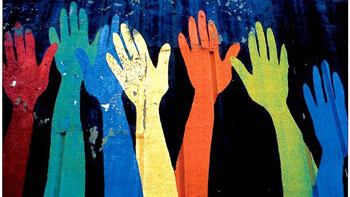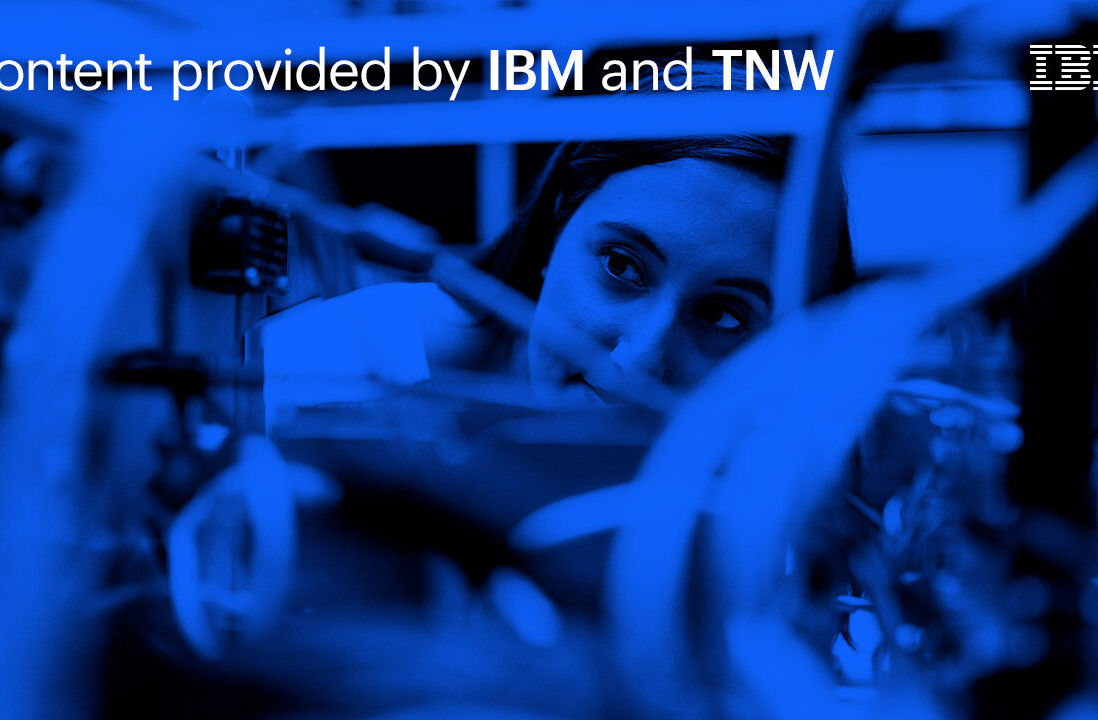
 Editors Note: This is a guest post from Danny Wong, co-founder and Marketing Manager of Blank Label, a custom dress shirts startup is part of the growing co-creation movement.
Editors Note: This is a guest post from Danny Wong, co-founder and Marketing Manager of Blank Label, a custom dress shirts startup is part of the growing co-creation movement.
Co-creation is the collaboration between consumers and retailers to create a product that consumers really want, rather than products retailers want to sell you. It’s the next level of consumer-orientation, empowering you to have final say in what you are purchasing.
MIT recently held a conference on mass-customization and co-creation which hosted a slew of CEOs and executives of co-creation companies including Pandora (customized radio / music stations), Zazzle (customized t-shirts and gifts), and Chocri (customized chocolate).
I recently had the opportunity to chat with Chocri’s US CEO, Carmen Magar about co-creation and she had some interesting thoughts to share:
“Co-creation is a lot more common outside of the US, most notably in Germany, which despite having less than a third of the inhabitants has more than three times as many co-creators. Another mass customization – friendly country is Australia. An Australian example of a co-creation company would be Lindgolf, which makes customized golf clubs. Different countries seem to have their respective strengths in the co-creation space – for example, the US has more examples of fashion co-creation, while Germany has much more food customization.”
The US is certainly heavy on fashion co-creators, like FashionPlaytes (customized clothing for girls), LaudiVidni (customized handbags), and my company, Blank Label (customized dress shirts). But we also have a few awesome food co-creators Chocri (after they migrated to the US, from Germany), Me&Goji (customized granola and cereal), and RedMoon Pet Food (could this one be any more obvious?).
Having had several informal conversations with most of these co-creators, these businesses seem to be going in the right direction. I know for a fact that some of these businesses have peaked a million in revenue, and others have secured hundreds of thousands and millions in Venture Capital and Angel funding, so with revenues like that or institutional support from VCs and Angels, co-creation seems to be a promising industry.
There is a lot of value to be had from scaled co-creation:
Consumers finally get a product tailored to them. Not something that the masses will ‘tolerate.’
Low inventory and overhead. Co-creation is increasingly popular because businesses no longer have to carry hundreds of items in inventory, sign up for daunting one year store leases, and hire managers and employees for the physical store location.
Less waste. Back to the idea of no need for a store-front location – that space can be used for other means, maybe even for residential purposes. Businesses also do not have to worry about having inventory that doesn’t sell.
Greater customer reach. With the World Wide Web, businesses are enabled to connect with many prospective customers without being geographically restricted to regions in which the business has a physical presence. We can also thank the big shipping companies too, who allow us to send and receive packages anywhere in the world.
What are your thoughts on co-creation?
img src=”Housing Rights“
Get the TNW newsletter
Get the most important tech news in your inbox each week.




